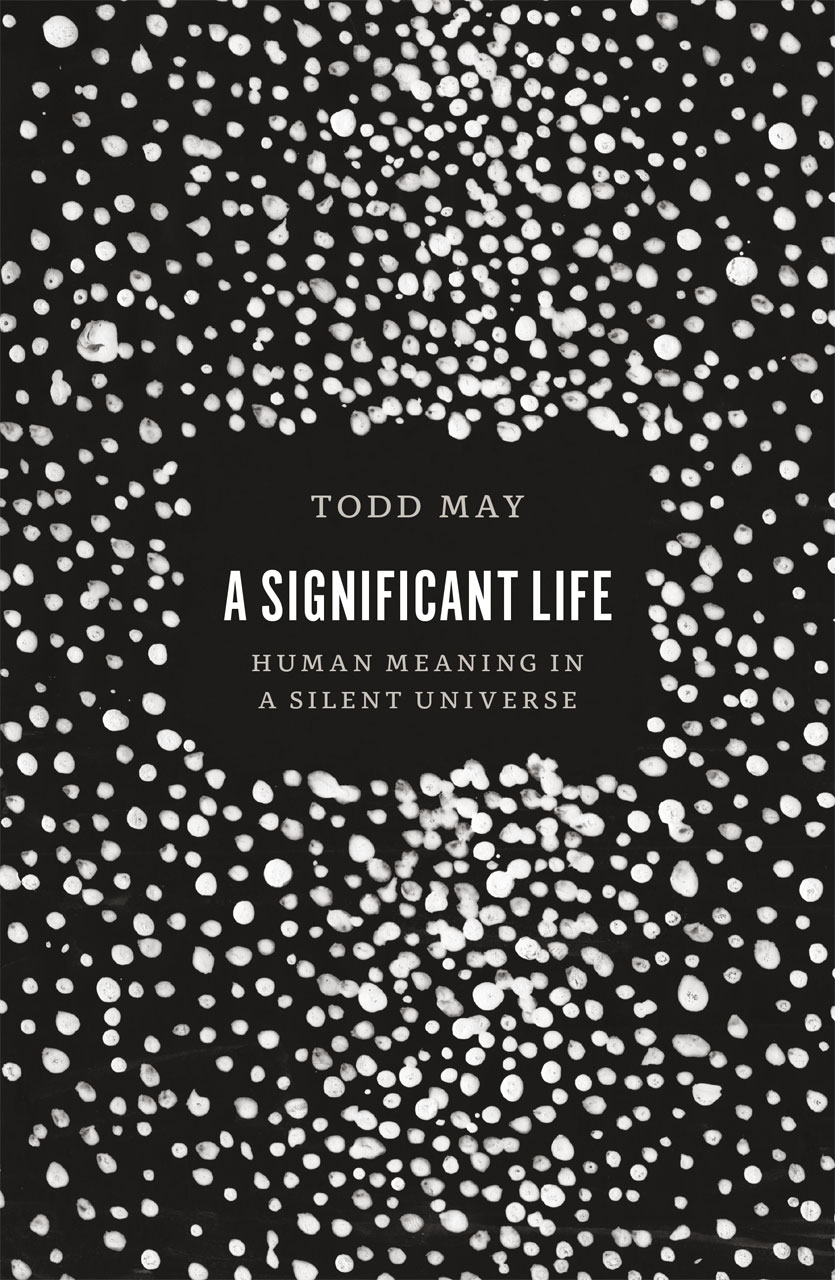Suppose we learn that a moral judgment we thought reasonable has an origin in merely adaptive emotions? Is that moral judgment now debunked?
Perhaps you only care for your loved ones because they incite higher levels of oxytocin in your body. This article I just published considers this question by thinking about the famous “trolley problem.”
Imagine there’s a runaway trolley that is definitely going to kill five people who are working on the tracks. You have the power to pull a switch that would divert the trolley to another track, where it would definitely kill only one person who is working there. What would you do?
Now imagine the same runaway trolley that would definitely kill five people, but in this scenario, you are standing next to an obscenely obese man on a footbridge overlooking the tracks. The only way to save the five people would be to push him off the footbridge onto the tracks. His heavy body would stop the trolley and save the five, but he would certainly die as a result. What would you do? Most people pull the switch but judge that pushing the obese man is impermissible.
Why is there this asymmetry? After all, it’s a one-for-five sacrifice in each case. What makes the difference? Philosophers have argued for a variety of principles that would license the standard judgments on these two cases. But recently psychologist Joshua Greene argues that we ought to judge differently. We ought to push the obese man. In explaining why, this article shows that the role of emotion in moral judgment does not subtract from the role of reason in moral judgment.
There is still a role for philosophy in making correct moral judgments.
Read the whole article, which is much longer, at Medium.





